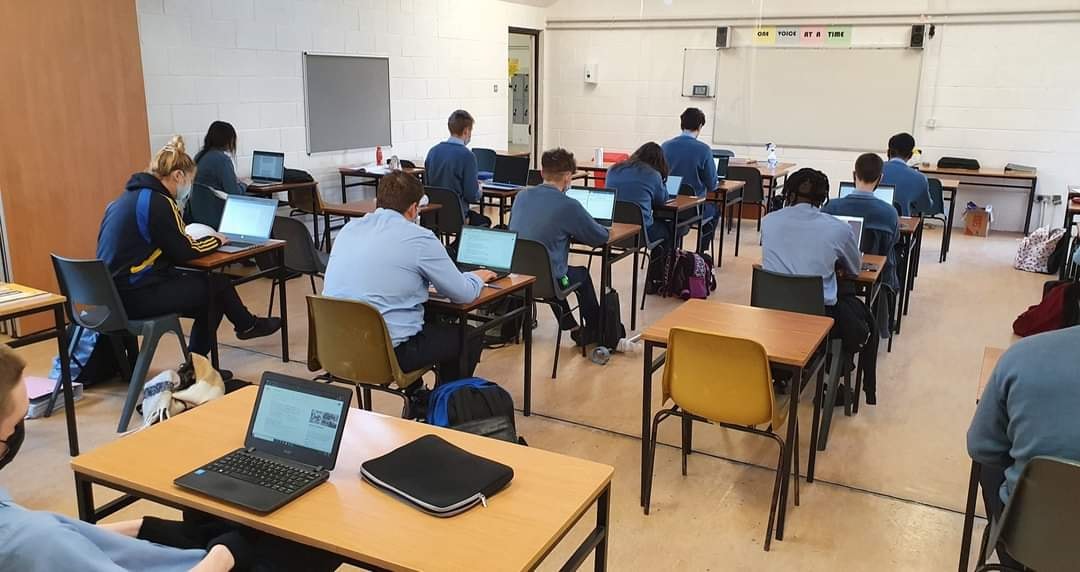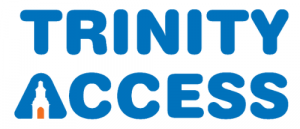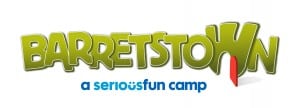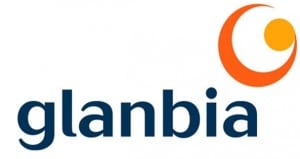
World Youth Skills Day 2022
Today marks the 9th annual World Youth Skills Day. It is a day to highlight the education and skills requirements that need to be provided to the youth of today to empower them to flourish in the future.
IT, and IT literacy, impacts every facet of society. As the world inexorably moves towards a more digitised tomorrow it is important that the necessary steps are taken to ensure equitable access to IT skills and education to all young people, regardless of gender or socio-economic background.
We sat down with Dr. Rebecca Long of Trinity Access Programme (TAP) to discuss how technology can impact the lives of young people and some of the challenges currently facing society in ensuring access for all.

Dr. Rebecca Long, Primary & Junior Cycle Coordinator , Trinity Access Programme, Trinity College Dublin
How can access to technology impact a young person’s education opportunities?
Put simply, technology – or access to technology – has become essential to education, not just in Ireland but across the globe. Lack of access to technology, in the classroom or at home, can fundamentally restrict a young person’s ability to excel in the Irish education system, and develop as a learner. The digital divide or the inequity experienced by children and young people around the country when it comes to accessing, using, and benefiting from technology, existed pre-pandemic and in multiple contexts, from hardware to broadband issues. But when learning moved into the virtual space during Ireland’s various lockdowns, huge divisions emerged, not only between DEIS (Delivering Quality of Opportunity in Schools)/under-resourced schools but between urban and rural areas, socially advantaged and socially disadvantaged areas, and between individual households. Access to technology means access to knowledge, and to the means to expand knowledge and the harsh reality remains that some children and young people across Ireland are being denied this access.
How does access to technology affect the way that necessary IT skills are taught to students?
If schools, both primary and secondary, aren’t sufficiently resourced to utilise technology and embed the skills associated with it into the national curriculum, students suffer. Teachers can’t be expected to develop and nurture key 21st Century skills if they don’t have the necessary equipment in their classrooms. And students can’t be expected to continue their learning at home if their family unit can’t afford appropriate devices or can’t access broadband infrastructure.

Discuss the perception issue between how young people may use technology to consume media vs how they use technology to productively enhance their lives.
It’s a bit of a fallacy to assume that because children and young people are now digital natives, that they know exactly how to use technology productively. Even if you know what a car is, you still need to be taught how to drive! Technology itself is not the endpoint of the process, it’s the access point into further learning, knowledge acquisition, communication opportunities. That’s why it’s so essential that children and young people are taught and supported to be active users of technology, rather than passive consumers. 21st Century skills such as critical thinking, media literacy, collaboration, proficiency in technology, should be central to the learning experiences in classrooms around the country.
How is the gender gap prevalent in the IT industry perceived in education?
This is a complex question, and the lived realities and contexts of different schools around the country are extremely diverse. In some schools, predominantly single sex schools that cater for female students, STEM subjects are not necessarily prioritised, either due to a lack of resources in the school or a perceived lack of interest in the student population. It’s a vicious cycle because if young girls can’t see it – in other words, if they aren’t offered a chance to take Computer Science for the Leaving Cert – how are they supposed to be it or study it? It comes back to equality of access – all subjects for all students, regardless of resources, location or background.
Datapac has worked closely with the education sector for the past two decades and is committed to nurturing technology skills and developing IT talent. Through our Transition Year placements we offer young people a chance to experience the sector, providing real-world participation opportunities to encourage students to consider IT as a career path. At the college level, our work placement programme provides students with an avenue to hone and apply their skills in the field with on-hand mentorship and support to enhance their learning.
Our Graduate Development Programme is designed to nurture raw talent into skillful, industry-ready IT professionals. The Programme is split into two tracks; ICT Professional and Software Development and the more commercially-focused ICT Sales and Business Development, both of which are currently open to applications. Click here for more details.
To apply, simply send a copy of your CV to careers@datapac.com and a member of the team will be in touch to arrange a follow-up call.
Follow us on LinkedIn and Twitter for more updates.
Be sure to follow Trinity Access Programme to stay up-to-speed on their great work in enhancing equitable education opportunities for all – LinkedIn, Twitter, Facebook and Instagram.
Register for upcoming events
-
 "At Barretstown, we rebuild the lives of children, and their families, affected by childhood cancer and other serious illnesses. We serve 5,000 campers a year and have 1200 volunteers each year. Communication is crucially important and Datapac has helped us to streamline, improve and ensure efficiency."
"At Barretstown, we rebuild the lives of children, and their families, affected by childhood cancer and other serious illnesses. We serve 5,000 campers a year and have 1200 volunteers each year. Communication is crucially important and Datapac has helped us to streamline, improve and ensure efficiency." -
 "Datapac has provided us with a fantastic product and world-class levels of service and support. Whenever people ask me about our experience with Datapac I’m always ready to sing their praises and I would happily recommend their services to any organisation."
"Datapac has provided us with a fantastic product and world-class levels of service and support. Whenever people ask me about our experience with Datapac I’m always ready to sing their praises and I would happily recommend their services to any organisation." -
 "For many years Datapac has been our sole supplier for the maintenance of Personal Computers and Peripherals in Ireland. Through their Service Centres in Wexford and Dublin, Datapac provides excellent support to our businesses throughout the country and consistently meets the SLA targets which we have set. The skill, expertise and experience of their engineers and other technical support personnel are of the highest standard."
"For many years Datapac has been our sole supplier for the maintenance of Personal Computers and Peripherals in Ireland. Through their Service Centres in Wexford and Dublin, Datapac provides excellent support to our businesses throughout the country and consistently meets the SLA targets which we have set. The skill, expertise and experience of their engineers and other technical support personnel are of the highest standard." -
 “The value of dealing with an HP Gold partner in this process can’t be underestimated. Datapac provide us with a local touch and can cover the full range of our IT requirements, but when there is a specific technical requirement like this, they can bring the specialist technical resources of HP to the table. HP and Datapac had a thorough discussion with us around our requirement - and had really done their homework - and then were able to provide us with a very highly specified test platform for us to prove the application on before we committed to purchase.”
“The value of dealing with an HP Gold partner in this process can’t be underestimated. Datapac provide us with a local touch and can cover the full range of our IT requirements, but when there is a specific technical requirement like this, they can bring the specialist technical resources of HP to the table. HP and Datapac had a thorough discussion with us around our requirement - and had really done their homework - and then were able to provide us with a very highly specified test platform for us to prove the application on before we committed to purchase.” -
 Datapac understands our needs and requirements and has the expertise and experience to follow through on all our requests. Our constant need to reduce costs has been assisted by Datapac's ability to suggest alternative solutions and methods whilst improving both efficiency and productivity. Our partnership with Datapac is akin to having an IT department on site that we simply could not provide ourselves.
Datapac understands our needs and requirements and has the expertise and experience to follow through on all our requests. Our constant need to reduce costs has been assisted by Datapac's ability to suggest alternative solutions and methods whilst improving both efficiency and productivity. Our partnership with Datapac is akin to having an IT department on site that we simply could not provide ourselves.